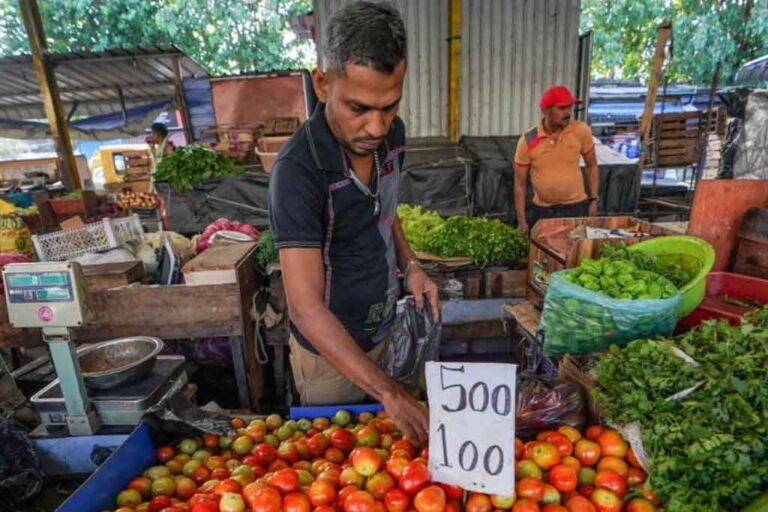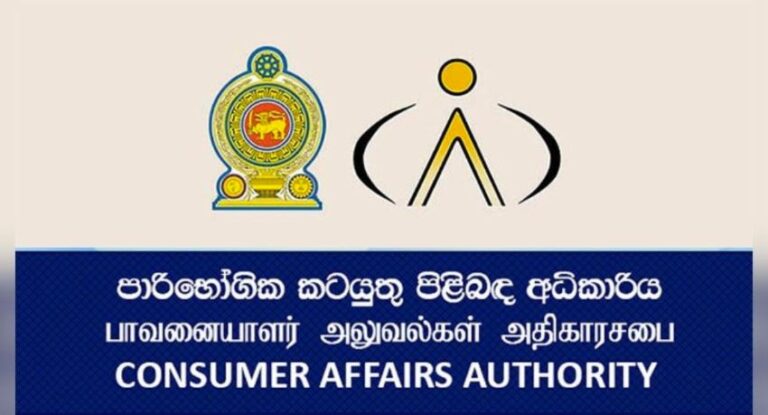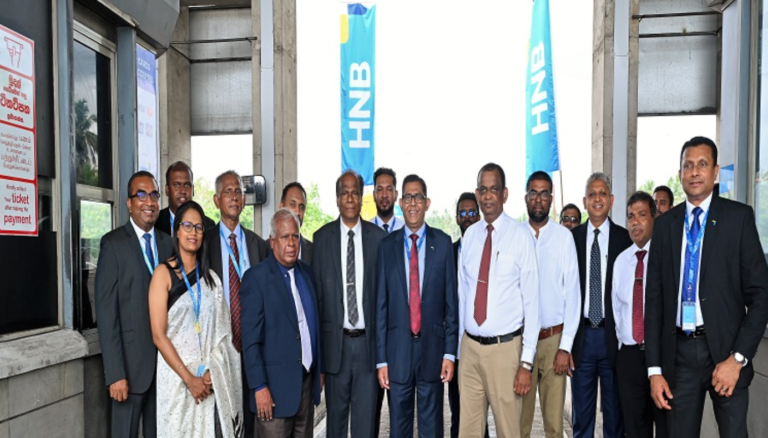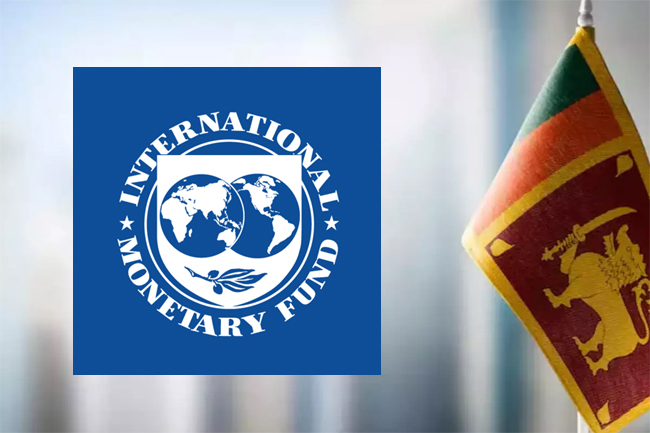At the third Annual General Meeting of the ICT Lawyers Guild (ICTLG) held in Colombo last week, Chairman Dr. Sunil Abeyratne emphasized the organization’s commitment to improving cyber law enforcement in Sri Lanka. He highlighted that the Guild was established primarily to strengthen the legal framework surrounding information and communication technologies (ICT), offering a supportive role to the legal community, including the Bar Association of Sri Lanka.
Dr. Abeyratne explained that the Guild’s initial focus was to enhance the knowledge and expertise of its own members. Following that, the Guild aims to share this knowledge with the broader legal fraternity and the general public. Looking forward, ICTLG aspires to provide legal assistance to citizens, especially in matters related to digital rights, cybercrime, and online safety.
To achieve these goals, ICTLG plans to roll out training programs for lawyers across the country. These sessions will not only address IT and cyber law but also aim to enhance the digital skills of legal professionals. The Guild intends to work collaboratively with both the official and unofficial bars, the judiciary, the Police Department, and the Ministry of Digital Economy. Their collective goal is to contribute meaningfully to the development of Sri Lanka’s digital economy.
Attorney General Parinda Ranasinghe PC (Jnr.), who attended the AGM as the Chief Guest, praised the initiative and stressed the importance of such an organization in the modern legal landscape. He noted that the Sri Lanka Police now operates a specialized cyber-crimes unit, which is increasingly important as digital transactions continue to grow. With more activities and financial dealings occurring online, the country has seen a corresponding rise in cybercrimes such as hacking, identity theft, online scams, and data breaches.
Sri Lanka’s legal system has taken progressive steps to address these new challenges. The Computer Crimes Act No. 24 of 2007 is a significant piece of legislation that deals with offenses related to unauthorized access, computer-related fraud, and other digital crimes. Additionally, laws such as the Electronic Transactions Act and the Data Protection Act aim to regulate online conduct, ensure the legality of digital transactions, and protect the privacy of users.
The ICT sector is rapidly transforming Sri Lanka’s economy and society. As e-commerce, online education, digital banking, and remote work environments expand, the demand for legal structures to ensure cybersecurity, digital rights, and intellectual property protection has never been greater. The ICTLG’s efforts to train lawyers in both legal and technical aspects ensure the legal community is well-prepared to tackle future challenges and support the safe and ethical growth of the ICT industry










